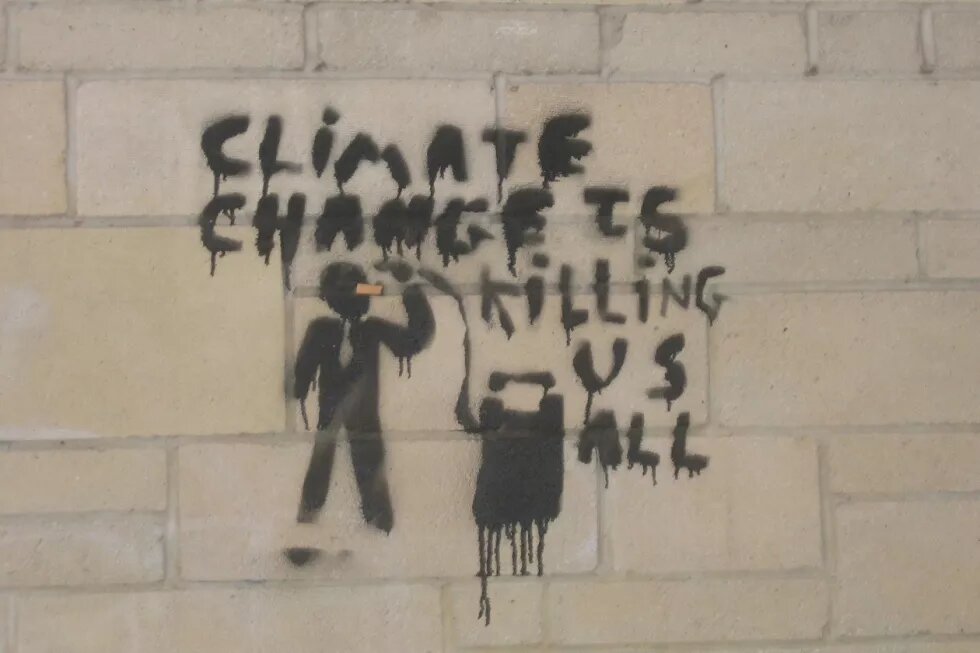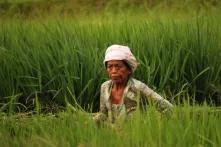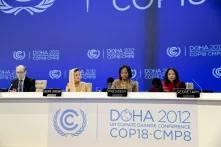
This is a first introductory joint submission of several civil society groups from the environment (ENGO) and women and gender constituencies concerned with ensuring that gender considerations are adequately considered and mainstreamed in the work of the Transitional Committee and that gender equality is taken up as a cross-cutting issue and guiding principle for the new Green Climate Fund. It is by no means comprehensive. Further joint and individual submissions elaborating various issues to be addressed in all four work streams are planned.
Men and women, largely due to their gender roles and respective rights (or lack thereof) have differing vulnerabilities to climate change and contribute differently to harmful global GHG emissions. They have differentiated capabilities to mitigate emissions and have different perceptions and preferences regarding policies and measures to reduce emissions as well as differing coping and adaptation strategies. These gender differences in mitigation and adaptation need to be taken into account in climate financing instruments. However, existing climate funds and financing instruments have been largely gender-blind. Gender equality has not been considered as an important contributing factor to ensure low-carbon, climate-resilient development in countries receiving climate funds, thus undermining the effectiveness and efficiency of existing climate funding. The Green Climate Fund needs to be innovative and overcome this short-coming by integrating gender-equality and gender justice as overarching principles for its governance and operations in accordance with existing conventions on human rights, including women’s human rights.
Operationalizing the overarching principles of gender equality and gender justice in the GCF requires at a minimum the following:
Compliance with a Human Rights Framework
The Green Climate Fund as a financial mechanism of the UNFCCC is accountable to and functions under the guidance of the Conference of Parties (1/CP.16 Para 102). Most of these Parties have also signed and ratified international instruments on women’s rights such as the Convention to Eliminate all Forms of Discrimination Against Women (CEDAW). Therefore, the Green Climate Fund in all its operations must be in compliance with international human rights, including women’s human rights.
Governance of the GCF
Women should be equitably represented in the governance structure of the GCF by ensuring that gender-parity across all regions is institutionalized in the GCF Board and all its decision-making bodies. This needs to include women from civil society organizations and local affected communities in decision-making. A precedent for the inclusion of civil society stakeholders as voting board members was set by another multilateral fund that channels a large amount of international funding, namely the Global Fund to Fight HIV/Aids, Tuberculosis and Malaria, and should be replicated as best practice.
Thematic Scope
The Green Climate Fund should be created as a gender-responsive climate finance mechanism by mainstreaming gender perspective across all funding windows and funding instruments. Funding under the GCF should be guided by the principles that funds will not be used for purposes that will harm low-carbon, climate-resilient and gender-equitable development objectives, that are based on risky technologies, and that violate human rights, including women’s human rights, in the recipient countries. Funding should not reinforce stereotypical gender roles nor add an extra burden on women. Sufficient grants-based funding for adaptation measures must be ensured to address current imbalance with funding for mitigation. It should be guided by a country-driven, gender-sensitive, participatory and fully transparent approach, which takes into account the needs and requests of vulnerable groups, local communities and ecosystems and the contributions of traditional and indigenous knowledge. Mitigation funding needs to include projects and programs that support women’s access to energy and transport services.
Direct Access
From a gender perspective, direct access should be the primary access modality for the Green Climate Fund. It needs to apply not just to nation states, but include sub-national actors, including local governments and community groups. To ensure that women and civil society groups working on women and gender issues, particularly community-based groups, adequately benefit from the Fund, certain requirements must be met:
- Capacity-building: financial support for capacity-building must be provided through the GCF. It should focus on appropriate technologies for mitigation and adaptation as well as on developing skills for program development and implementation under the GCF. Financial support for capacity building should also focus on monitoring, evaluation, up-scaling and replication of the results of the GCF funded activities.
- Funding: Special funding streams, possibly via a separate window or set-asides, should ensure that women’s priorities are sufficiently resourced. The structure, criteria and procedures for the selection of projects and programs under the direct access modality should be guided by gender-equity considerations and involve women and women’s and gender groups as important stakeholders.
This is a joint statement by the following organizations:
ActionAid; Asian Indigenous Women’s Network; Asia Pacific Forum on Women Law and Development (APWLD); Ethiopian Civil Society Network on Climate Change; Friends of the Earth U.S.; Gender Action; GenderCC—Women for Climate Justice; Heinrich Boell Stiftung North America; International Council for Adult Education (ICAE); Jubilee South; LIFE e.V.; Mexican Center of Environmental Law (CEMDA); Oxfam; Sustainable Energy and Economy Network, Institute for Policy Studies; Trust for Conservation of Coastal Resources (TCCR); Women’s Environment and Development Organization (WEDO); Women in Europe for a Common Future (WECF)
2011

